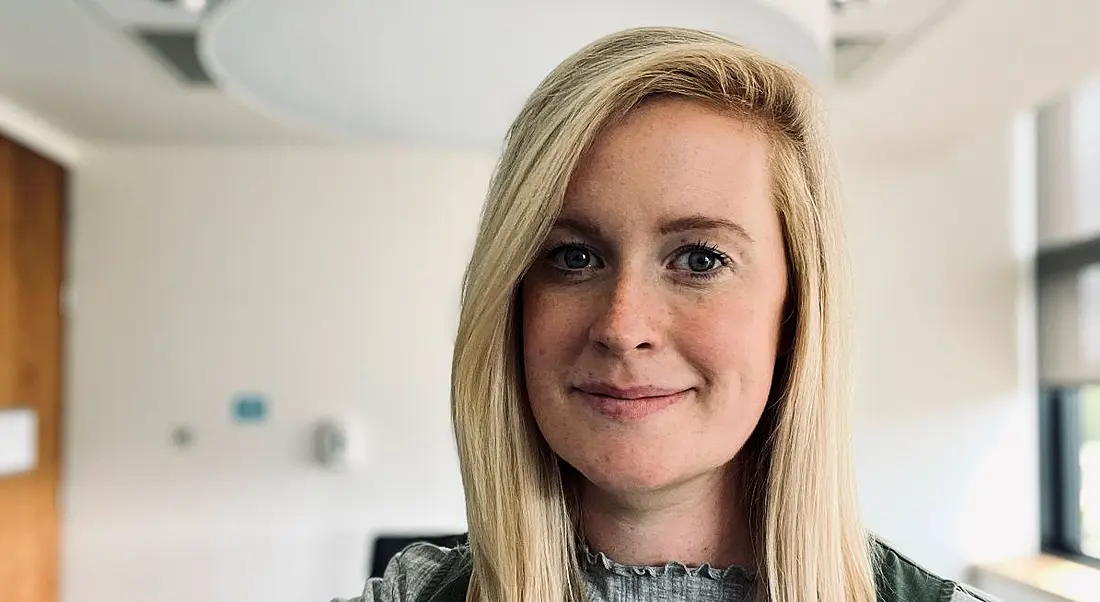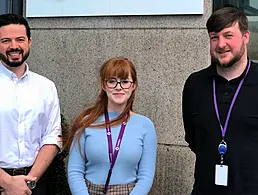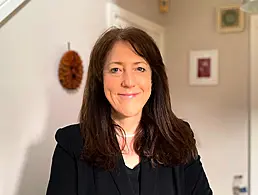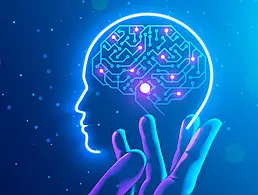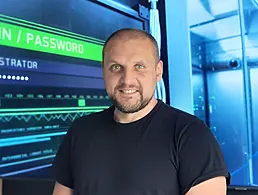Viatris’ Emma Fox talks about her role in the company’s Global Device Development team and the most important skills she needs.
Emma Fox is a principal device development assurance scientist working in the Global Device Development group within healthcare company Viatris.
She has a background in chemistry but always had a keen interest in devices. She joined the company in 2013 as a scientist in an analytical development role before moving to the Global Device Development group in 2016.
“Over the years, I have built my knowledge and expertise and I am passionate about working in the combination product and medical device space as the industry and regulatory space evolves rapidly,” she told SiliconRepublic.com
‘I constantly learn from engineers and scientists alike’
– EMMA FOX
If there is such a thing, can you describe a typical day in the job?
There is no such thing as a typical day in a research and development (R&D) environment! That said, we do apply structures and have regular check-ins so that we remain aware of pending programme milestones.
If I’m not attending a planned programme meeting, there will be some ad-hoc meetings either in the office or via video calls. These are vital to ensure good communication and what I really like about working in R&D is that it brings you into regular contact with lots of different stakeholders across the organisation.
Since the pandemic, some of us have moved to a hybrid work model, working between home and the office. Although you cannot beat being in the office. which I think is vital for building relationships and connecting with colleagues.
It’s also important when you need to resolve any technical issues that may arise and means you often have resources to hand to work with specific functions when there is a need to investigate issues or problem solve.
What types of projects do you work on?
I very much work cross-functionally with several teams and on a number of different projects, where I represent my functional area, device development assurance.
I really enjoy working with lots of different stakeholders and on varied projects, where each one requires specific basic knowledge of the device technology, such as pre-filled pens, auto injectors, pre-filled syringes, etc, along with their intended use, intended user and use environment.
An example is where we develop a device technology concept and others can vary from those submitted to and in review with the US Food and Drug Administration, European Medicines Agency, Therapeutic Goods Administration, Health Canada and many other global health authorities/regulatory agencies.
What skills do you use on a daily basis?
My role requires skills such as problem solving and the willingness to adapt based on the ever-dynamic regulatory landscape of combination products and medical devices.
While I am experienced in what I do, I’m also in the early stages of my career so a commitment to teach and eagerness to learn is crucial, along with having a positive attitude.
I feel these can really set you up for a good day, week or even month ahead. Also, having the ability to plan and prioritise at a more granular level in order to get work done is a skill that should not be underestimated.
What are the hardest parts of your working day?
As with all R&D environments, fast-approaching deadlines can occasionally increase pressure. Our team works on many projects and, as a result, some milestones can coincide with one another, creating last minute prioritisation calls.
This is when you have to use your adaptability skills in order to achieve set goals. Planning and prioritisation are key and allow you to consider the various programmes and ultimately review to assess any bottlenecks.
I work alongside highly skilled and experienced engineers and scientists from various backgrounds and with varying degrees of experience, and they have honed their skills to suit the expected output for design control for combination products and medical devices.
I try to enhance my knowledge by working closely with my colleagues and am constantly upskilling to ensure we are on the same level, to understand and support one another.
Do you have any productivity tips that help you through the day?
There is nothing worse than a meeting without an agenda, so if you’re a meeting facilitator, having a clear agenda and taking minutes or action points ensures everyone’s time is spent productively and efficiently.
We are constantly striving to improve our meeting etiquette, which can really improve productivity throughout the day so you can focus on the important tasks.
I always like to build in sufficient time to review and complete tasks so that, as a team, we meet the milestones and deadlines expected.
Throughout the day, I keep a close eye on any additions to Microsoft Planner and I keep constant check-ins on the current open tasks within Planner.
What skills and tools are you using to communicate daily with your colleagues?
On a daily basis we use Microsoft Teams both for meetings and instant messaging as well as Microsoft Planner to assign tasks and track actions. Our calls/meetings are made through Teams, and we like to have our cameras on because it’s great for interaction and collaboration and to help us feel better connected as a team.
Due to the nature of what the Viatris Global Device Development team does, I find I use many skills.
First, you need to be a clear communicator and have good interpersonal skills because we work with so many different stakeholders.
Also, having the ability to be adaptable is important especially when project deadlines coincide, and this leads on to being able to use critical thinking and problem-solving skills to overcome any barriers or issues that arise.
How has this role changed as this sector has grown and evolved?
The sector continues to focus on compliance and product safety, and we are constantly learning how to adapt our programme strategies to ensure we continue to meet up-to-date regulatory standards, making sure there is clear traceability from development right up to commercial activities.
What do you enjoy most about the job?
That’s an easy one, the people! I work with such a highly skilled team and their knowledge of combination products and medical devices is unparalleled in the pharmaceutical industry, in my opinion.
I’m proud to work at Viatris and I constantly learn from engineers and scientists alike, which keeps me interested and motivated and enriches the role I play within Global Device Development. You get so much exposure to different roles as well as opportunities to develop an understanding in areas you have an interest in.
We work in a very fast-paced, dynamic environment and I can honestly say you learn something new every day, you will never get bored, nor will your role ever feel monotonous.
We’re encouraged to upskill and train to enrich our role within the group and there are many opportunities to develop your skills and build on your education.
We also have a great ethos for building time in to bond. This can sometimes mean we go off-site where we are able to get to know one another better, understand how we can work stronger together and, importantly, have some fun!
10 things you need to know direct to your inbox every weekday. Sign up for the Daily Brief, Silicon Republic’s digest of essential sci-tech news.
